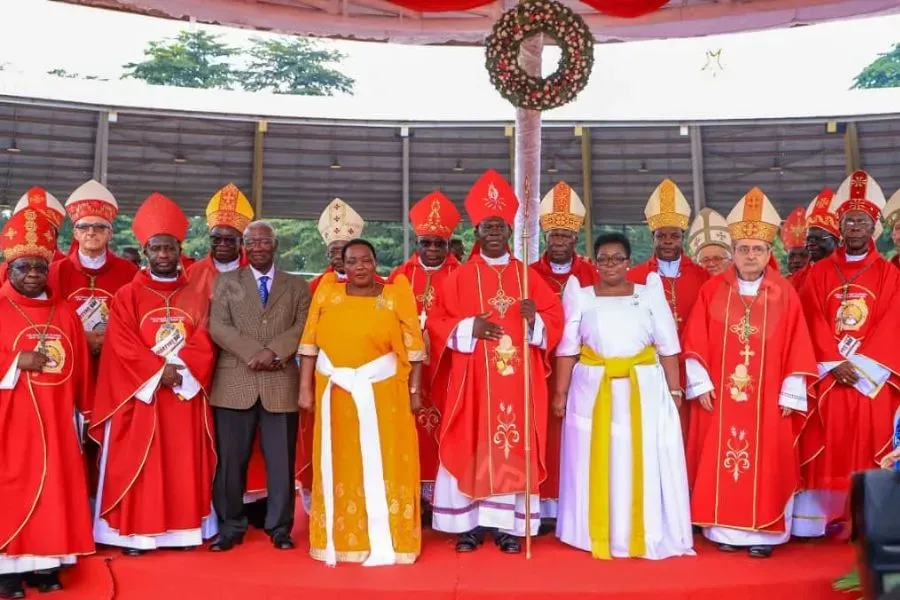Nairobi, 09 September, 2024 / 11:04 pm (ACI Africa).
Organizers of the weekly synodal palavers that ended on September 6 have announced a virtual “prayer session” for Africa’s delegates to the second session of the Synod on Synodality scheduled to start on October 2 and end on October 29 in Rome.
In his address at the 14th session of the palavers that have been running since June 6, Fr. Stan Chu Ilo, the Coordinating Servant of the Pan-African Catholic Theology and Pastoral Network (PACTPAN), said the September 27 session will be to “officially close” the series of pavers, and to pray for those representing Africa at the Synod on Synodality in Rome.
“We shall converge again on September 27 for a formal closure of this gathering and for a prayer session to pray for the synod on Synodality, and to pray for all our Synodal delegates from Africa,” Fr. Stan said.
He said that many Catholic Bishops in Africa, including those who will be participating in the October 2024 synod, were at the funeral of Archbishop Yves-Nicodème Anani Barrigah-Benissan, the Local Ordinary of Lomé Catholic Archdiocese in Togo who died on August 4 at the age of 61, and couldn’t access the final palaver owing to internet connectivity challenges.
The official of PACTPAN said that the September 27 palaver will bring together Catholic Church leaders, who have been participating in the online conversations.








